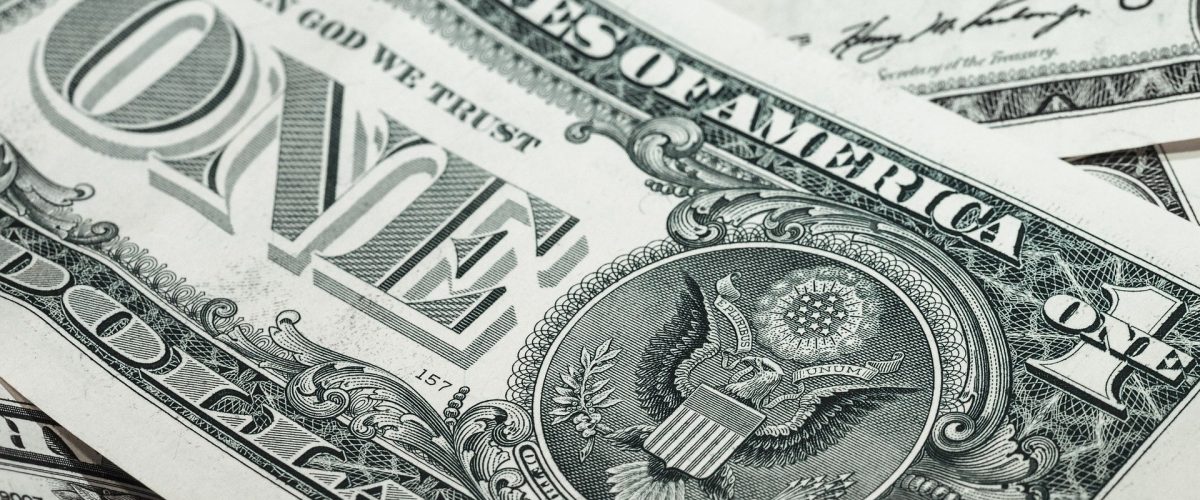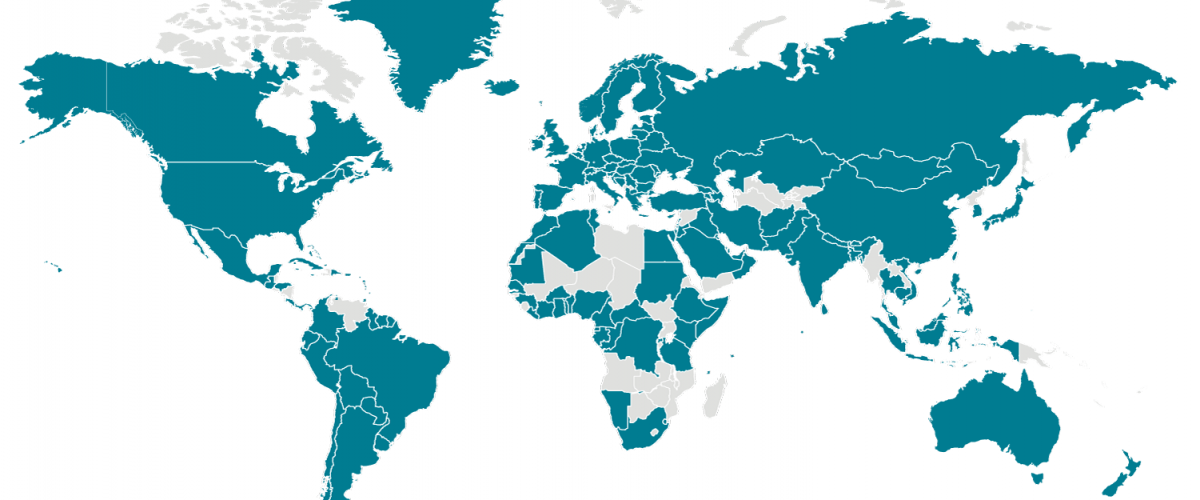
How the coronavirus is affecting health is a concern when it comes to a local, national, and global scale. However, it extends beyond that into the economy. Now that the World Health Organization has officially declared the coronavirus a pandemic, preparing a governmental financial response to the virus is crucial, especially to augment for the closing and slowing of consuming and business.
Yosef Bonaparte, PhD, associate professor of finance and director of the J.P. Morgan Commodity Center in the Business School published an article on March 5, 2020 discussing the this issue: “Pricing the Economic Risk of Coronavirus: A Delay in Consumption or a Recession?”
Diving deeper into the issue in an interview, Bonaparte explained the two factors affected by coronavirus—production and consumption. With the spread of coronavirus, production has decreased due to labor shock. This is because sick people cannot work and some businesses are closing and unable to support their workers. Consumption has also decreased. Locally, people are practicing social isolation, which means they are not spending. Travel restrictions are also significantly reducing consumption.
There is the question of whether or not the US can counter these impacts. Bonaparte stresses that there are measures the U.S. government can take to mitigate disruptions to financial markets. He splits these into two main categories: what the president/congress can do and what the Federal Reserve can do.
Bonaparte writes that the government can take a number of measures to counteract coronavirus-related drops in production and consumption: institute a payroll tax cut, provide unemployment benefits to people laid off because of coronavirus, spend in infrastructure to fill the gap in missing GDP (gross domestic product), and support travel-related business (airlines, hotels, etc.). The Federal Reserve can take steps to minimize financial disruption. Besides securing the liquidity in the market and further lowering the interest rate, the Federal Reserve can “purchase assets in the market and hold those assets until the coronavirus problem settles.”
“With these policies, there would be a soft landing for the U.S. economy and the stock market,” Bonaparte said.
This virus is affecting individual people, too. Losing your job is the worst-case scenario for most workers. “That’s why the government should secure unemployment benefits,” Bonaparte said, especially for people working in the travel sector.
People with retirement accounts and/or stocks will also see numbers dip because of the coronavirus. “This money will come back in a year or so,” Bonaparte said. “People with a long-term view should not worry too much.” The same advice applies to people with stocks. “Ride the volatility,” Bonaparte said.



